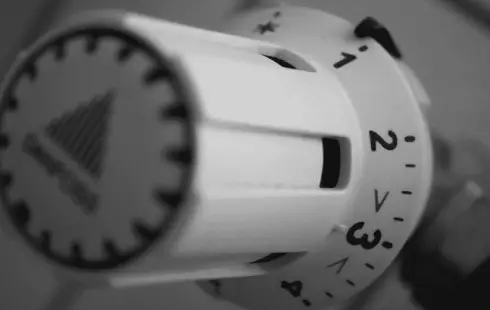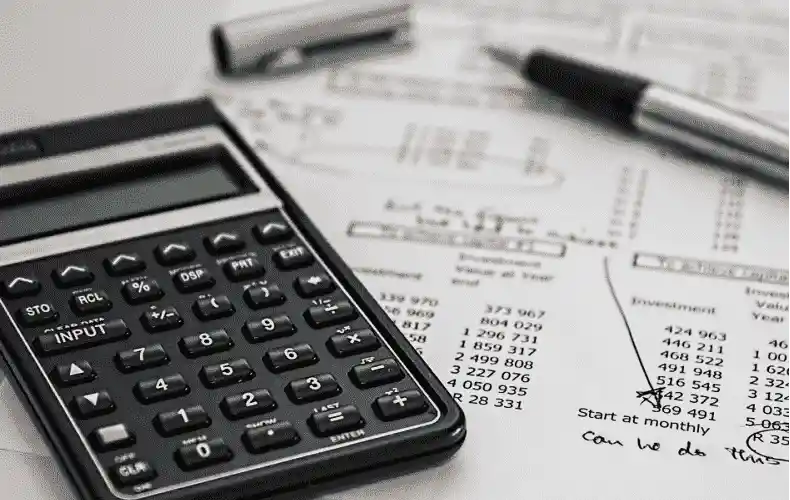
Prioritizing Food Quality Over Carb or Fat Restrictions for Heart Health
Section: Health
 The German government has already adopted numerous measures to counter the energy crisis in the winter of 2022/2023. On October 1, further measures are to come into force, including the so-called heating check. That's according to a statement from the German government.
The German government has already adopted numerous measures to counter the energy crisis in the winter of 2022/2023. On October 1, further measures are to come into force, including the so-called heating check. That's according to a statement from the German government.
Accordingly, owners of houses and apartments must have the check addressed carried out by a craftsman's business. The "Measures of the Ordinance to Secure the Energy Supply through Measures Effective in the Medium Term" - EnSimiMav for short - are to apply until 2024, as the Federal Ministry of Economics announced in a statement.
The background to the heating check is suboptimal settings of many systems in Germany. According to the Ministry of Economics, a lot of energy can be saved through optimization. For example, the heating systems are still in the factory setting or without night setback.
Part of the German government's energy-saving measure is also hydraulic balancing, which can distribute the heating water optimally. However, this only applies to buildings with a central heat supply, such as large public buildings. According to official government figures, this measure should reduce gas consumption by up to eight kilowatt hours per square meter, depending on the building. The sticking point here is that the costs of such a hydraulic adjustment are borne by the owners and landlords. According to the German government's plans, inefficient heating pumps will also have to be replaced. Circulation pumps are an example of this.
Of a total of 14 million gas heating systems in Germany, only one fifth have undergone a heating check, according to the German government. Millions of heating systems therefore still need to be checked and, if necessary, replaced. Only heating engineers and energy consultants - in other words, specialist personnel - are allowed to carry out these checks. This also has the effect that the order situation in the trade is likely to be very good.
Image by Gerd Altmann

Section: Health

Section: Arts

Section: Health

Section: Science

Section: News

Section: News

Section: Health Insurance

Section: Health

Section: News

Section: Arts
Health Insurance in Germany is compulsory and sometimes complicated, not to mention expensive. As an expat, you are required to navigate this landscape within weeks of arriving, so check our FAQ on PKV. For our guide on resources and access to agents who can give you a competitive quote, try our PKV Cost comparison tool.
Germany is famous for its medical expertise and extensive number of hospitals and clinics. See this comprehensive directory of hospitals and clinics across the country, complete with links to their websites, addresses, contact info, and specializations/services.
The granddaughter of Claire Zachanassian makes a return to Güllen, the impoverished hometown of her late grandmother, for a performance. Having never fully engaged with her grandmother's past, she is eager to finally discover Güllen. The sound of her last name stirs the entire town into action.



No comments yet. Be the first to comment!